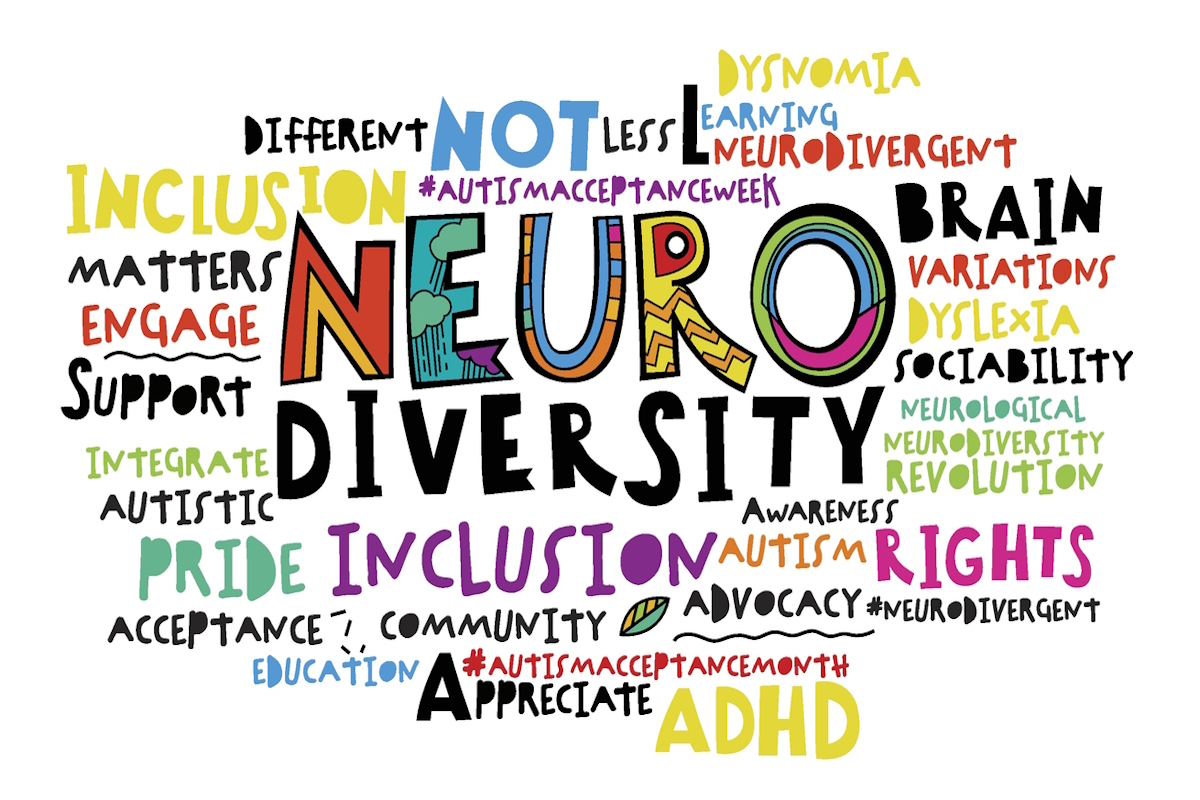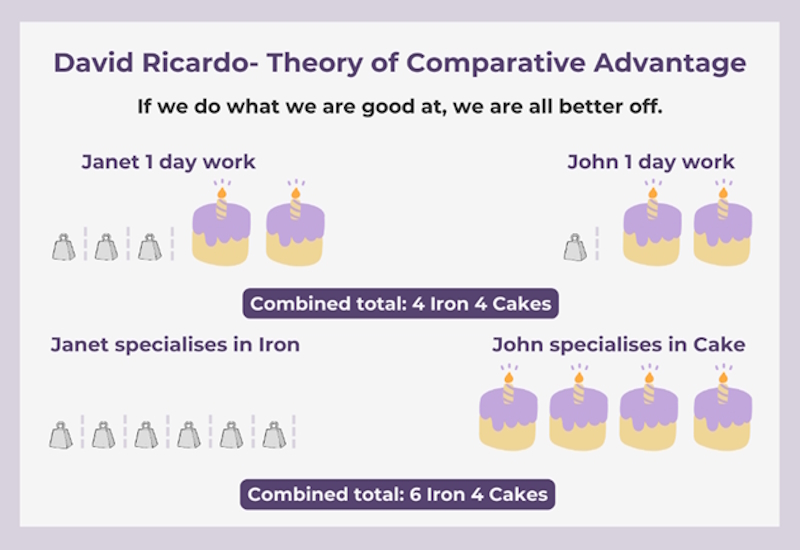Making neurodiversity at work, work

Dr Nancy Doyle at Genius Finder explains the value that neurodiverse people bring to any organisation, and the best ways of supporting them
If you’ve been in a cave for the last five years you might have missed the neurodiversity revolution hit full swing. Newcomer to the Equity, Diversity and Inclusion field, neurodivergent people, which includes ADHD, Autism, Dyslexia, Dyspraxia and Tourette Syndrome, have been increasingly vocal about their experiences in the workplace.
Rising cases are yet to meet the anticipated demand of 15-20% the workforce, so businesses need to be planning for neuro-inclusion, and thinking about how to capitalise on this movement.
Neurodiversity means the naturally occurring variation in human thinking. It is a fact that our brains process differently – sensory stimulation, creativity, memory, language, and images. Some of us are jacks of all trades, others are masters of some. Neurodivergent people typically have a few stand-out talents, areas in which they excel compared to their other abilities and compared to their peers. This is known as a spiky profile.
The key to making neurodiversity at work, work, is to have the capacity for identifying strengths, clearing barriers and placing people into the roles that suit them.
What are neurodivergent strengths?
Firstly, diagnosis can help. Research suggests that Autistic people tend to have processing power for fine detail and excellent long-term memory. ADHDers are typically entrepreneurial and thrive on short to medium term transformational projects. Dyslexics are often highly visual and creative. Dyspraxics frequently excel at verbal reasoning, explaining complex concepts and building relationships. Ticcers (those with Tourettes Syndrome) are often also creative problem solvers, getting to the heart of the matter before others.
However, diagnosis is not an exact science, many people have more than one diagnosis and people are wary of disclosing them. So, you cannot rely on signposting people to projects or roles as they come forward with their label.
Neurodiversity inclusion needs to be a cultural change in an organisation, a way of managing performance and talent progression which focuses on strengths. True support for neurodivergent people is about removing barriers so that they can focus on their skills and potential as opposed to their challenges.
- “How can I support you to work at your best?”
- “What environment suits you best at work?”
- “Which elements of the role do you think / are easiest / more challenging for you?”
Complementary specialists
Starting onboarding, appraisals, performance management with these generous questions circumvents the need to disclose. It sets a relationship of trust and appreciation, whilst framing a frank discussion about what is working and not working. Everyone has some spikes in their profile, but the issue is the extent of the difference, and whether a job can be re-crafted around talent or whether certain tasks need adjustments to be deliverable in the timeframe.
A team of complementary specialists who trust each other could be more effective than a team of specialists who are all trying to do a generalist role. Managers who want to improve productivity should start with a strengths and challenges profile of their teams and review work allocation.
This idea dates back as far as 1817, with Economist David Riccardo’s theory of comparative advantage….

Is neurodivergence a disability?
Neurodiversity at work has edged its way into the diversity realm but includes features of disability. Not all neurodivergent people will meet the legal criteria for disablement, but many will. As such, most businesses to date have taken the approach using the medical model, where diagnosis (the most expensive intervention) is the starting point.
This can be stigmatising and ineffective. It also takes managers out of their comfort zone and sets up a relationship of anxiety and worry around performance management. You can meet the obligations of disability law without compro mising performance if you take a proactive approach.
Managing neurodivergent people doesn’t mean overlooking failure and risk, it means acknowledging that challenges are not deliberate or motivational. Give your neurodivergent employees the benefit of the doubt – they want to do well, they have talents to offer, and they very rarely have the opportunity to discuss their difficulties without fear.
By applying a positive, frequent approach to analysing your team’s abilities, you can get ahead of drama or failure, predict it and plan around it.
Flexibility as standard
You don’t need an expensive expert to advise you on the most common adjustments. Hybrid working patterns help those who literally hear, see or feel more intensely than their colleagues. Dual screens and recording devices support anyone with a short-term memory deficit. Assistive technology is built into most Microsoft packages but sometimes people need a couple of training sessions to implement it. Coaching is relatively low cost but can transform time management and organisational skills.
My research has found that these relatively cheap changes can improve productivity by 50% and after one year, 30% of neurodivergent people get promoted.
Universal design is the idea that we build accessibility as standard – for example step free access to buildings. For neuroinclusion, universal design looks like what I am describing – roles for specialists as well as generalists, up front factual discussions about strengths and weaknesses, frank discussions about what’s possible and understanding that different sensory experiences mean different working conditions.
One size does not fit all, and the 21st century is all about personalisation over standardisation. Start here to unleash the neurodivergent talent in your business.
Dr Nancy Doyle is the Founder of Genius Within, and originator of Genius Finder.
Main image courtesy of iStockPhoto.com and Anna Bergbauer

Business Reporter Team
Most Viewed
Winston House, 3rd Floor, Units 306-309, 2-4 Dollis Park, London, N3 1HF
23-29 Hendon Lane, London, N3 1RT
020 8349 4363
© 2025, Lyonsdown Limited. Business Reporter® is a registered trademark of Lyonsdown Ltd. VAT registration number: 830519543





